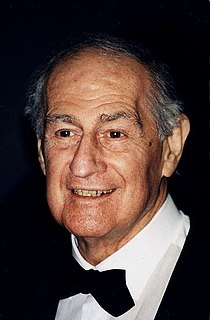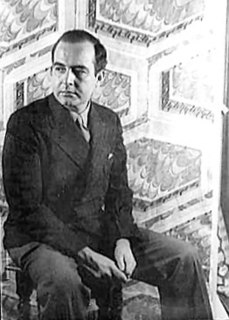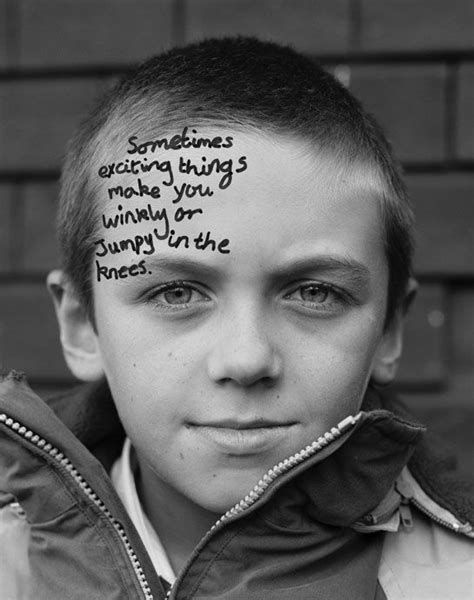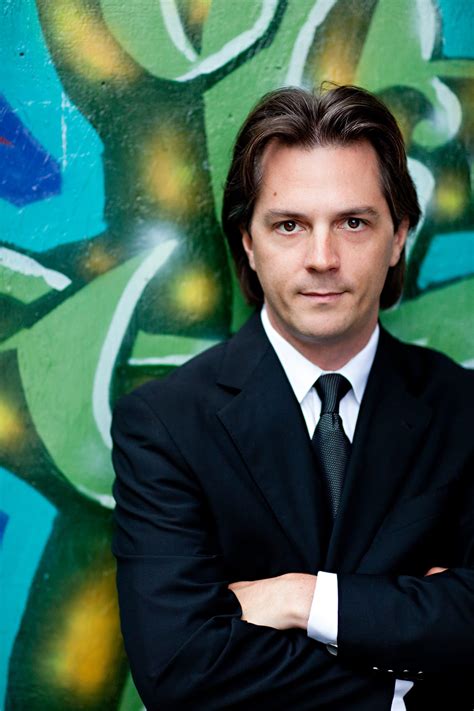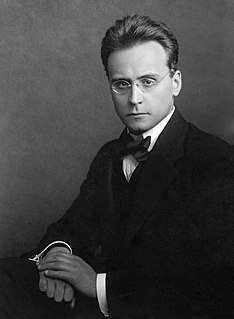A Quote by Gian Carlo Menotti
I rebelled against the idea of the artist being what I call the 'after-dinner mint' of society. I didn't want them to be just the entertainers, but rather part of the community - the bread, not only the dessert.
Related Quotes
I don't think I have rebelled against Latina culture. I have rebelled against those who try to make me warm tortillas for my brothers when they can warm them for themselves, I have rebelled against a patriarchal religion. I rebel against small mindedness in all ways and in every situation but those things are not an intrinsic part of Latina culture and I will fight tooth and nail against anyone who tries to make me feel like I'm less Xicana for not embracing the small-mindedness.
After building most of Mint.com's prototype by myself, I talked to anyone and everyone I knew about Mint. It's counter-intuitive, because you might fear someone will steal your idea, but it's the only way to make connections, be sure you're on the right track, and provide a solution for an audience broader than yourself.
There's a long history in the Middle East of "bread intifadas," starting with 1977 in Egypt, when Anwar Sadat tried to lift bread subsidies. People rebelled and poured into Tahrir Square, shouting slogans against the government just like they did earlier this year. Sadat learned his lesson and kept bread subsidies in place, and so did a host of other Middle Eastern dictators - many of whom were propped up for years by the West, partly through subsidized American wheat.
I was worried that I, the artist Morimura, would have conflicts with the participating artists and develop a strenuous relationship with them. But the actual experience was completely the opposite. The artists accepted my requests rather positively, because it came from a fellow artist. I strongly feel that the fact that my being an artist avoided the usual curator vs artist tension, and led to creating a positive atmosphere as well as developing a solidarity amongst artists and building a community for artists.
